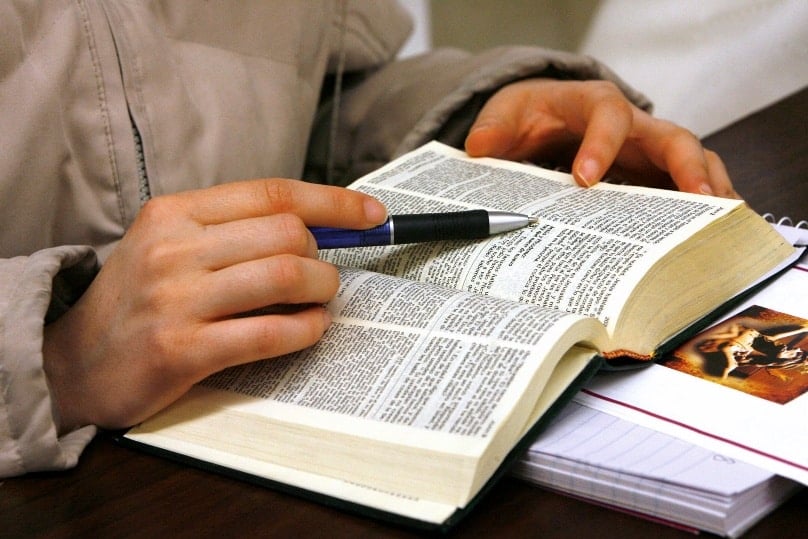
Dear Father, Our parish priest makes some changes in the Mass that I know are not proper and that other parishioners too find disturbing. I have spoken with him and he has brushed me off. Is there anything else I can do?
You have done well to speak first with the priest. Out of charity and justice this is always the first step.
And of course, pray for him. Many priests will listen graciously and make the necessary changes in the way they say Mass.
Others will continue doing what they think best, even though it may not be what the Church intends. What should someone do in this latter case?
The Church is a family, with the pope as the father – not for nothing do we call him the Holy Father – and she wants what is best for her children.
For this reason the Code of Canon Law makes ample provision for manifesting concerns to one’s pastors: “Christ’s faithful are at liberty to make known their needs, especially their spiritual needs, and their wishes to the pastors of the Church” (Can. 212 §2). Moreover, “They have the right, indeed at times the duty, in keeping with their knowledge, competence and position, to manifest to the sacred pastors their views on matters which concern the good of the Church” (Can. 212 §3).
Naturally, this refers to all matters, not only in the liturgy but any other concerns they may have regarding the teaching of Church doctrine, discipline, the use of money, the fostering of devotions, etc.
When it is a question of irregularities in the celebration of the liturgy, whether in the Mass or in some other ceremony, the Vatican’s Instruction Redemptionis sacramentum (2004) gives specific indications.
In a section at the end of the document entitled “Complaints regarding abuses in liturgical matters” we read: “In an altogether particular manner, let everyone do all that is in their power to ensure that the Most Holy Sacrament of the Eucharist will be protected from any and every irreverence or distortion and that all abuses be thoroughly corrected. This is a most serious duty incumbent upon each and every one, and all are bound to carry it out without any favouritism” (n. 183).
It is especially incumbent on the pastors themselves to ensure that the liturgy is celebrated in accordance with the liturgical books issued by the Holy See.
When those celebrating the liturgy are not faithful to the Church’s norms, the other members of the faithful are free to express their concerns.
To this end the Instruction goes on to say: “Any Catholic, whether priest or deacon or lay member of Christ’s faithful, has the right to lodge a complaint regarding a liturgical abuse to the diocesan bishop or the competent Ordinary equivalent to him in law, or to the Apostolic See on account of the primacy of the Roman Pontiff. It is fitting, however, insofar as possible, that the report or complaint be submitted first to the diocesan bishop. This is naturally to be done in truth and charity” (n. 184).
After all, the faithful have a right to the liturgy celebrated in accordance with the Church’s norms.
For this reason, the Instruction adds in the last paragraph: “Let each one of the sacred ministers ask himself, even with severity, whether he has respected the rights of the lay members of Christ’s faithful, who confidently entrust themselves and their children to him, relying on him to fulfil for the faithful those sacred functions that the Church intends to carry out in celebrating the sacred Liturgy at Christ’s command. For each one should always remember that he is a servant of the Sacred Liturgy” (n. 186).
Bishops have a special responsibility in this regard: “Since he must safeguard the unity of the universal Church, the bishop is bound to promote the discipline common to the entire Church and therefore to insist upon the observance of all ecclesiastical laws. He is to be watchful lest abuses encroach upon ecclesiastical discipline, especially as regards the ministry of the Word, the celebration of the Sacraments and sacramentals, the worship of God and the veneration of the saints” (n. 177).
Let us pray that all pastors will be faithful to the Church’s norms in celebrating the liturgy so that what they celebrate is truly according to the mind of the Church.
